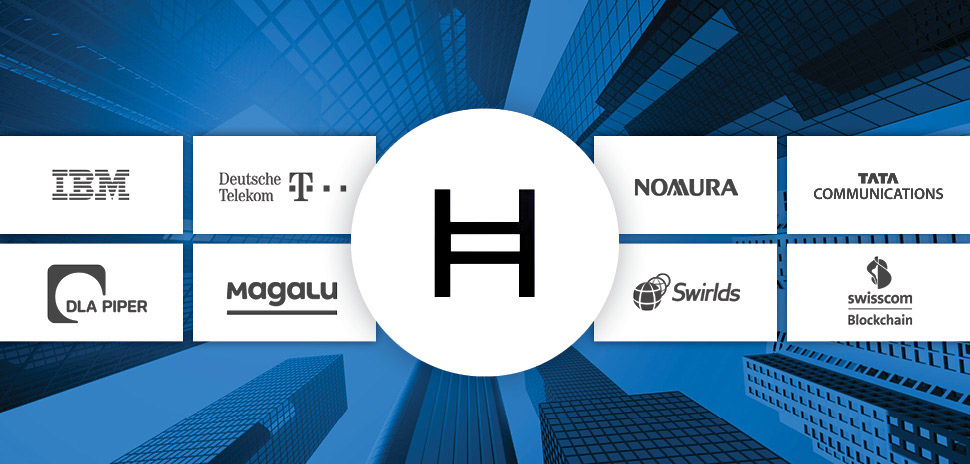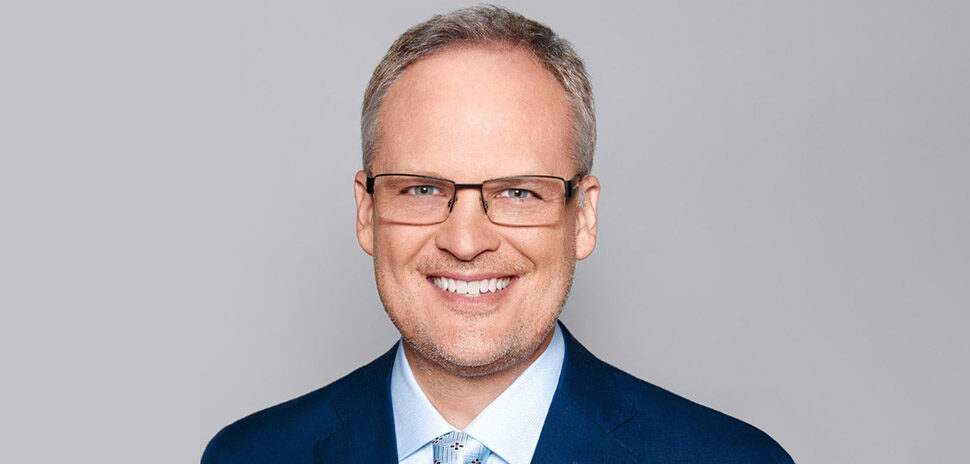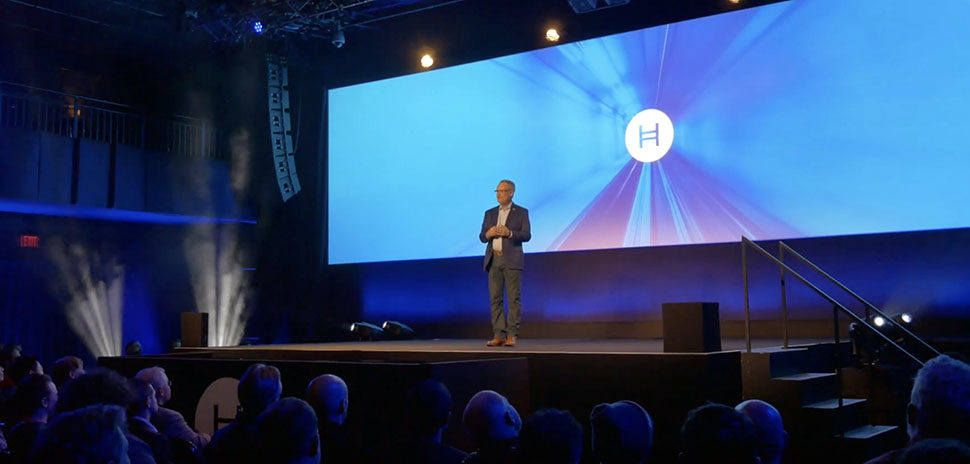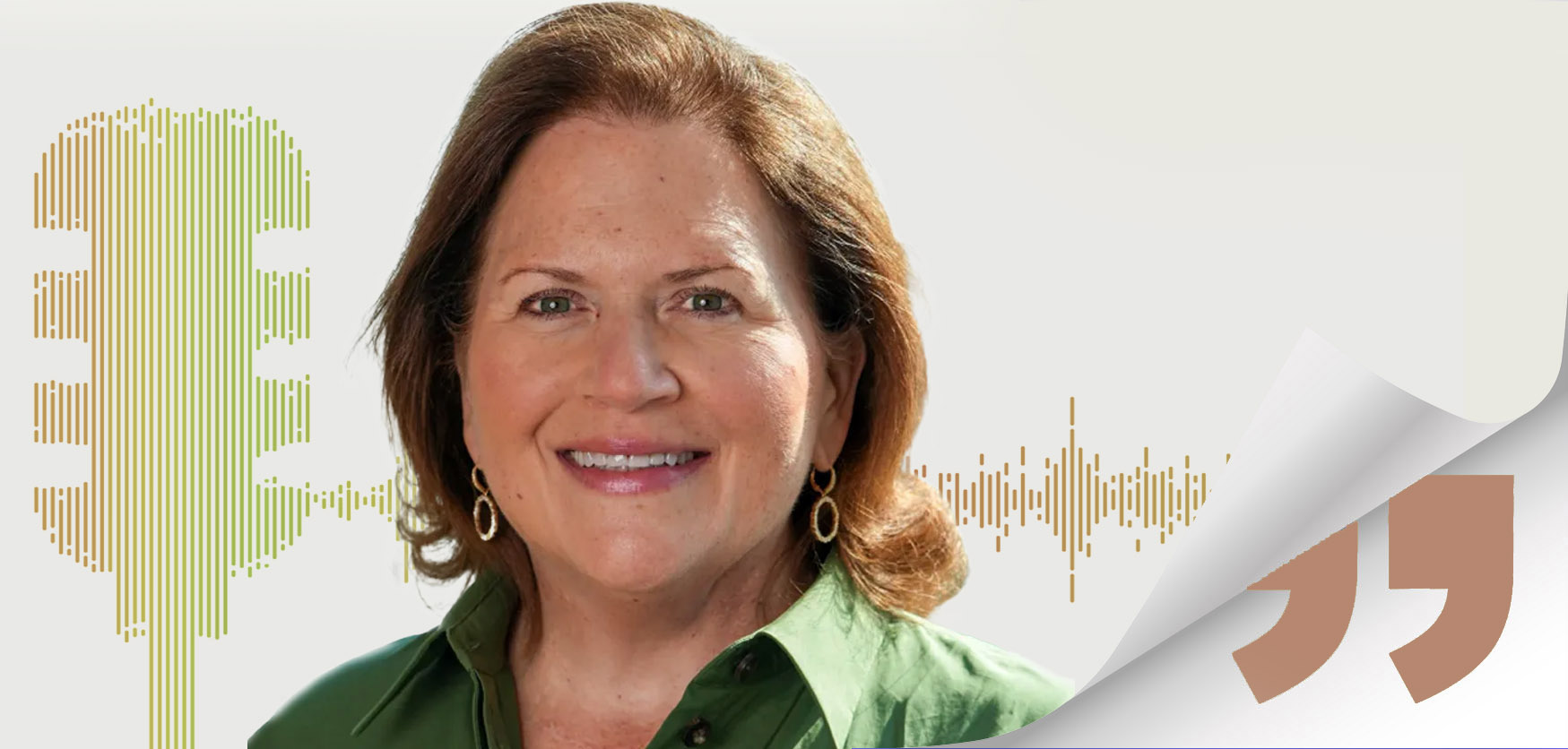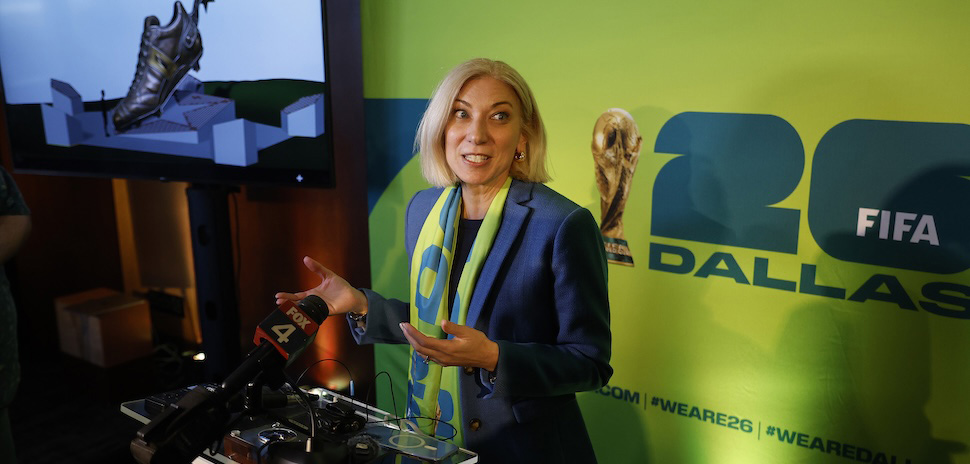Back in February, Hedera Hashgraph made a big announcement for the future of its enterprise-ready distributed ledger platform: it was launching the Hedera Governing Council, a group that would govern changes to its software. Initial members included Deutsche Telekom, DLA Piper, Magazine Luiza, Nomura Holdings Inc., and Swisscom Blockchain AG.
Now, Dallas-based Hedera has added two more tech giants to the list with IBM and Tata Communications.
The group of multinational companies is intended to ensure decentralized governance for Hedera’s next-gen Distributed Ledger Technology (DLT) platform. The members depict a diverse range of industries, from telecom to financial services to retail. Hedera said up to 39 members will comprise the Council, each temporarily serving a maximum of two consecutive three-year terms.
Hedera’s CEO Mance Harmon said adding IBM and Tata Communications to the list represents a powerful endorsement of the “hashgraph consensus mechanism.” It also expands the Council’s diversity.
“Our governance model, which includes a robust system of checks and balances, ensures power can’t be consolidated, while at the same time providing a stable and scalable platform on which developers can build,” he said. “The Hedera Governing Council’s pioneering approach to decentralized DLT governance lays the foundation for a fair and stable commercial platform, while the hashgraph distributed consensus algorithm provides the security and performance required by enterprise customers.”
The “stewards of the platform” will all have equal say when it comes to updating Hedera’s platform codebase or setting policies for the millions of Hedera distributed nodes that run the decentralized network. By having a governance model, Hedera said users are protected, the integrity of the codebase is guaranteed, and the source code is open for review.
Armonk, New York-headquartered IBM said it joined the Council to explore the relationships between public networks and industry-specific networks.
“Hyperledger has proven to be the de facto standard enterprises use to build, manage, and deploy blockchain-based ledgers,” Jerry Cuomo, VP of Blockchain Technologies at IBM, said in a statement. “We believe Hedera could help provide an interesting way to enhance and simplify the deployment of Hyperledger Fabric in the enterprise, making it easier for groups to build and grow their networks.”
Tata Communications, an Indian digital infrastructure provider that’s part of Tata Group, said it intends to engage with others on the Council to help deliver DLT to the wider digital economy.
“Innovations such as DLT, AI, and IoT change the way organizations and people interact with each other and with the world,” Ankur Jindal, global head of Corporate Venturing and Innovation at Tata Communications, said in a statement. “These emerging technologies can be harnessed to strengthen our efforts to improve operational efficiencies and enable our customers’ digital transformation worldwide.”
How the Council came to be
While giving a talk in June, Harmon explained his thought process for the Council.
When thinking about governance models, he said there’s only a handful of archetypal models to consider. A dictatorship, for example, has one person making all the complex decisions as the “expert” in the subject matter. But, he said, you can’t really trust a dictator.
On the other hand, a direct democracy might be more trustworthy because it’s a collective group of individuals. However, if really complex decisions need to be made, Harmon said “it’s not such a good model.”
“We all have dollars in our wallets. Is it a good idea to ask every individual that’s holding $1 to vote on a monetary policy? Probably not,” he said. “That’s the reason we have a Fed, because we need experts in monetary policy to then spend their lives studying it to make really complex decisions.”
And because of that, we have expert councils giving us the “best of both worlds.”
The problem though, is that there’s no way to enforce the rules that are decided upon by a governing council. That’s why you need strong governance.
To achieve that, Harmon said you first have to “be able to enforce the changes within.”
“Whomever is governing that network, whatever decisions they make, they have to be able to compel the nodes to comply with the decisions. It seems pretty obvious and simple, but that’s unique in this industry. No one does that,” he said. “And the client software has to know, when they connect to a node, that it’s actually updated and is using the latest software. It has to know that it’s conformant to the changes promoted by the governors.”
And Harmon said Hedera accomplishes that.
The company has technical controls that make it possible for client software connecting the nodes to know if the network is official or not. And, it can ensure simultaneous software upgrades to all the nodes in “consensus time.” Harmon said to think of it like the network has a global clock.
“At a particular moment in time, we can make sure all the nodes upgrade at exactly the same time so that transactions coming in are being traded in exactly the same way prior to that moment in time and post that moment in time,” he said. “And we have legal controls; we’re patented. And because of this, we can make a commitment to the market that our platform will be stable in a fundamental way like no other platform is today.”
Hedera’s next-generation model
Dallas Innovates previously reported on Hedera’s Governing Council when it was initially announced. One goal of the Council—guaranteeing continued decentralization—is a response to a study by the Initiative for Cryptocurrencies and Contracts (IC3) that found the largest public distributed ledgers have become more centralized over time.
Take for example: The top miners in Bitcoin and Ethereum control over half of the world’s entire hash rate. This result is in part due to a lack of governance model that ensures decentralization. With Hedera’s technology, no mining or proof of work is required, and no single company has control over the Council, so it can’t be influenced by members or node operators.
In June, Hedera and its Governing Council model were in the spotlight for some “beef” with Facebook.
When Facebook launched its new global cryptocurrency, Libra, Hedera noticed a lot of similarities with the launch—so it took out a full-page advertisement in the Wall Street Journal saying so. The move was to publicly call out Facebook to clarify “who did it first.” According to Harmon, when he and his team announced the Council, many considered it an overambitious move, while others “listened and learned from it.”
He told Dallas Innovates he sat down with FB to discuss things like Hedera’s technology roadmap and the importance of a governing council, and much of that discussion was seen in Facebook Libra.
“What was really gratifying was to see that Facebook validated our model that you need a council of globally respected organizations if you want the mainstream markets to trust the platform, and trust it enough that they’re willing to build product on it or use it,” he said. “There’s no one else in the market outside of us, really, that has a public network that also has a Global Council.”
READ NEXT ‘Consider Us Flattered’: Hedera Hashgraph Says Thanks to Facebook in Full-Page WSJ Ad
Harmon also said the Hedera Mainnet will go live later this summer, with anywhere from a dozen to a few dozen companies going live with it. At launch, the Mainnet—which has been in community test for a long time—will be openly accessible to anyone, fully functional, and governed by Hedera’s Governing Council.
More than 2,000 developers are actively building on Hedera’s testnet, according to a report by Cointelegraph this week. The article also stated that open access is “approaching by the end of this summer” with Hedera “looking forward to quickly getting this service into the hands of builders.”
“Distributed ledger technology is vital to the future of digital trust and commerce,” Harmon said. “Though Council members come from all over the world and from many different sectors, they all share the vision of a better digital future.”
![]()
Get on the list.
Dallas Innovates, every day.
Sign up to keep your eye on what’s new and next in Dallas-Fort Worth, every day.

